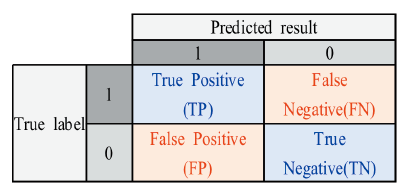Abstract
As information and communication technologies are being developed so rapidly, education research is actively conducted to provide optimal learning for each student using big data and artificial intelligence technology. In this study, using the mathematics learning data of elementary school 5th to 6th graders conducting blended mathematics classes, we tried to find out what factors predict mathematics academic achievement and developed an artificial intelligence model that predicts mathematics academic performance using the results. Math learning propensity, LMS data, and evaluation results of 205 elementary school students had analyzed with a random forest model. Confidence, anxiety, interest, self-management, and confidence in math learning strategy were included as mathematics learning disposition. The progress rate, number of learning times, and learning time of the e-learning site were collected as LMS data. For evaluation data, results of diagnostic test and unit test were used. As a result of the analysis it was found that the mathematics learning strategy was the most important factor in predicting low-achieving students among mathematics learning propensities. The LMS training data had a negligible effect on the prediction. This study suggests that an AI model can predict low-achieving students with learning data generated in a blended math class. In addition, it is expected that the results of the analysis will provide specific information for teachers to evaluate and give feedback to students.
Figures & Tables

Figure 1. Confusion matrix.
